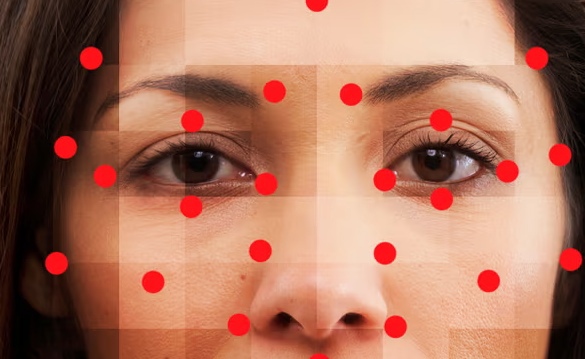France’s National Police have been illegally using Israeli facial recognition software Briefcam since 2015, Euractiv reports.
French investigative publication Disclose made the allegation on Tuesday.
The use of facial recognition software by law enforcement agencies is banned in France. Recently, the ban has become more flexible for testing due to the upcoming Olympic Games in Paris in 2024, although still forbidden. The article by Disclose states:
“In 2015, [French] law enforcement authorities secretly acquired a video surveillance image analysis software from the Israeli company Briefcam. For eight years, the Ministry of the Interior has concealed the usage of this tool, which enables the use of facial recognition.”
Disclose representatives claim to have access to internal emails and documents from the French National Police, which are evidence that Briefcam was used without sufficient legal justification.
Euractiv has contacted the French data privacy authority (CNIL), the French Ministry of Digital Technology, the Ministry of the Interior and the Directorate General of the National Police (DGPN) for comment, but there has been no response at the time of publication.
If confirmed, the use of Briefcam would violate France’s 2019 update of the French law on informatics and freedom, which prohibits “the use of any biometric identification system, [or] the processing of any biometric data, as well as […] the use of any facial recognition techniques”.
This ban is due to the EU General Data Protection Regulation (GDPR) coming into force in 2018, which prohibits the processing of all biometric data, including facial images.
The Home Office is aware that the police are using Israeli software. The article reports that a high-ranking member of the Interior Ministry’s National Directorate of Public Security (DNSP) sent the following email to his superiors:
“Regardless of the software used (particularly Briefcam), it is prohibited to turn to any face-matching or facial recognition device”.
Florian Leibovici, Briefcam’s European sales director, reports that in France, police stations in more than a hundred municipalities are using the software, which, as the company itself claims, allows “the detection, tracking, extraction, classification and alerting of persons of interest appearing on live or forensic CCTV footage”. French MP and board member of the French data protection organisation Philippe Latombe told Euractiv:
“The real question is: How is facial recognition done and by whom?”
He explained four ways for answering these two questions with different “levels of culpability”.
- The first option is that the French police use Briefcam “without the use of its biometric tools and under the supervision of a judge”. Then there would be no legal problems.
- The second is if the police “use facial recognition tools for a specific search and under the supervision of a judge”. This would indeed have no legal basis, but would be somewhat permissible due to the oversight of a judicial authority in an investigation.
- Thirdly, the French MP explained that if the police were to use facial recognition tools for a general scan of people’s faces under the supervision of a judge, the offence would be serious as it would amount to mass surveillance, prohibited under EU and French law.
- In the worst case scenario, police officers would carry out such general scanning without judicial oversight. In Latombe’s view, this is a serious breach of existing legislation.
However, Latombe said that according to the information available to him, the French police used Briefcam for a posteriori investigations, applying specific searches that could use facial recognition, but without using general scanning and under the supervision of a judge.
